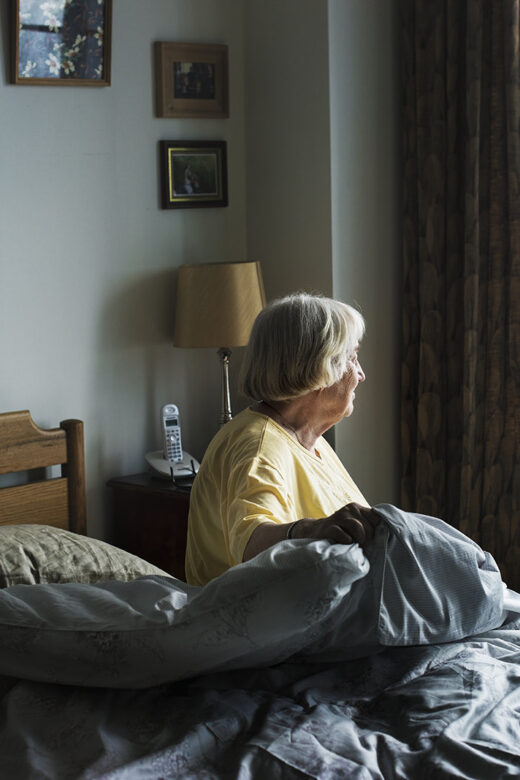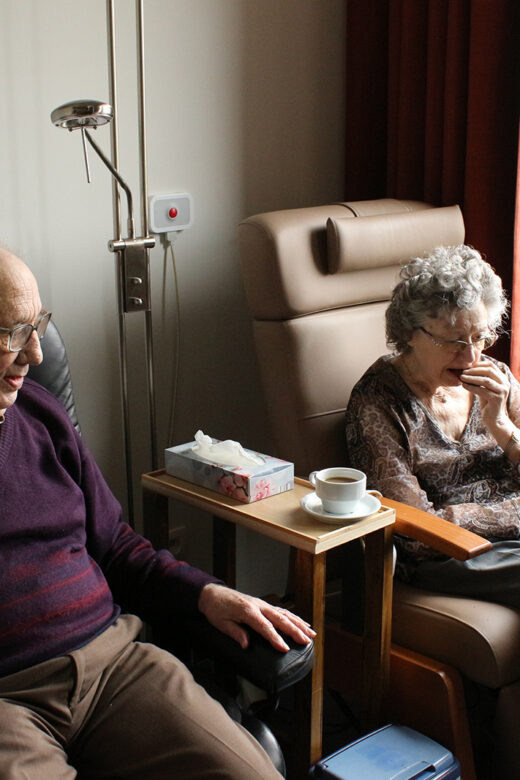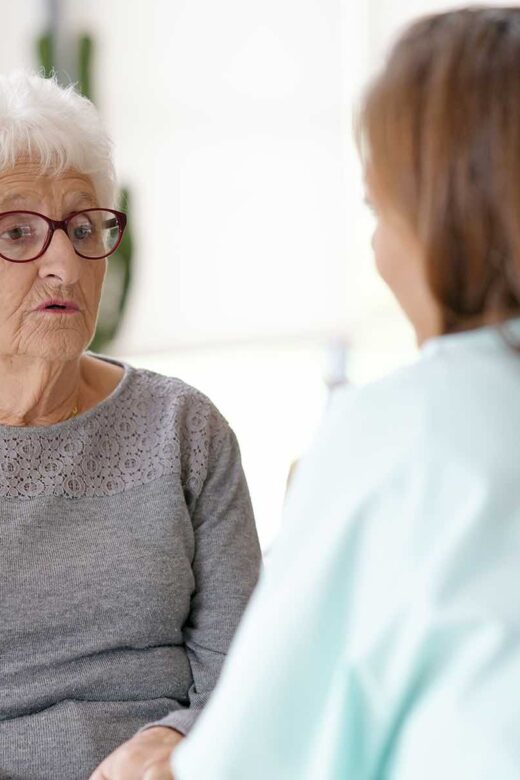It's easy for those with hectic lifestyles to forget that isolation is a powerful thing. As you go about your day to day life, you …
Continue Reading about Coping With Senior Isolation and Loneliness

It's easy for those with hectic lifestyles to forget that isolation is a powerful thing. As you go about your day to day life, you …
Continue Reading about Coping With Senior Isolation and Loneliness

Watching your mother or father age and slowly lose their independence can be challenging, if not heartbreaking. You grapple with …
Continue Reading about Professional Care for Your Aging Loved Ones in the Comfort of Their Own Homes

Aging at Home Recent surveys show that nearly 90% of seniors hope to and plan to live in their current home for as long as they …

Improving communication skills is good for all of us who are involved with seniors, and for the seniors themselves. While much …

As we age, most of us will feel that we have become more forgetful. The term “senior moment” has even become a common phrase to …
Continue Reading about Is it memory loss, Dementia or Alzheimer’s?
